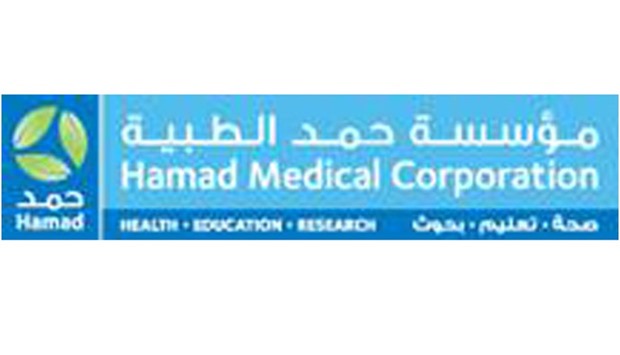During Ramadan, dialysis patients should pay close attention to the food they eat to stay healthy when fasting, according to Hamad Medical Corporation (HMC) nutrition supervisor Ghazi Dararkeh.
“Patients on dialysis can face health problems during Ramadan if they fail to follow a healthy diet and fast correctly,” said Dararkeh.
“It is important that they are aware of what constitutes a healthy diet and what does not. I would advise any dialysis patients who are unsure of the best foods to eat to consult with their dietitian for advice before fasting,” the dietitian explained.
Fasting dialysis patients during Ramadan should eat enough protein each day at Iftar and Suhoor as advised by their dietitian. They must follow the basic rules of good nutrition and consume fluids only within the recommended limits, such as around one to one and a half litres per day to prevent dehydration. It is also important to ensure that food is not too salty to avoid high blood pressure and feeling thirsty when fasting.
These patients must avoid potassium-rich foods like dates, bananas, oranges, mangoes, tomatoes, potatoes and okras which are frequently eaten during Ramadan and avoid potassium-rich juices and drinks such as Kamaruddin, orange and mango juices.
They must also eat non-fatty dishes and ensure food is cooked in a healthy way by boiling and grilling rather than frying. They should ensure moderation when eating nut-rich desserts such as Kataef, which should not be consumed on a daily basis and consume sources of calcium in the required quantities on a daily basis to maintain healthy bones.

HMC
